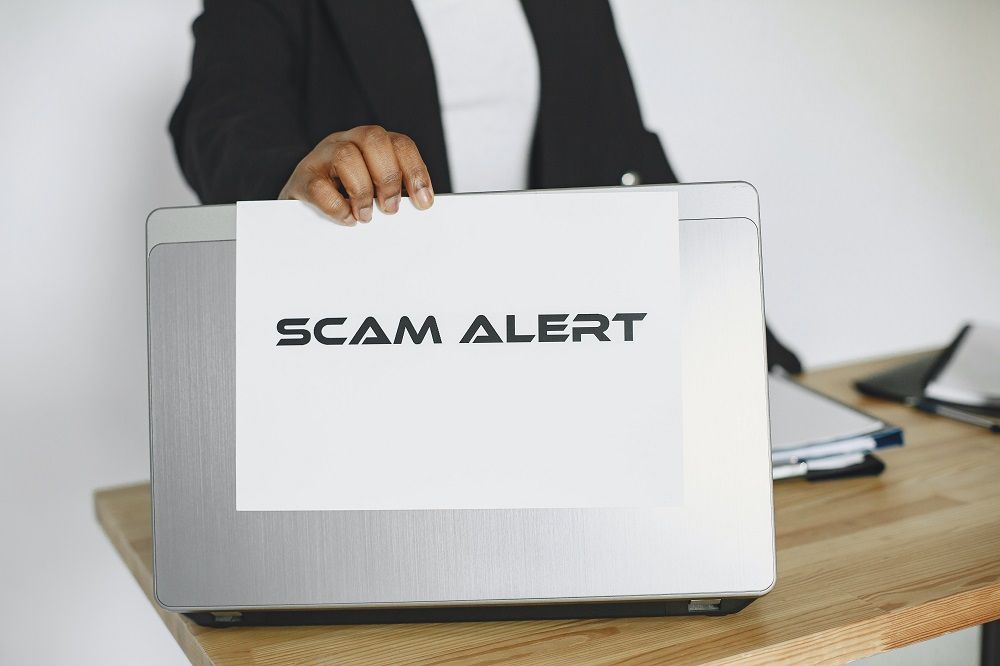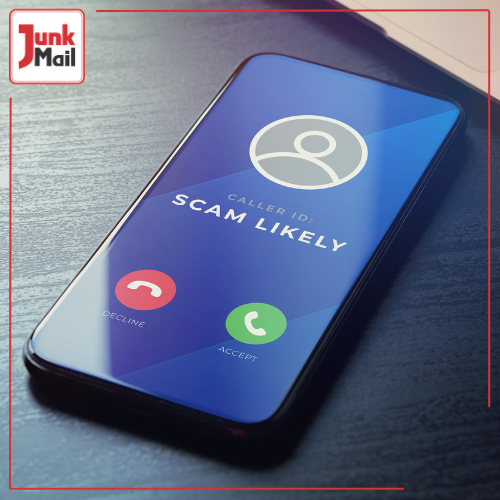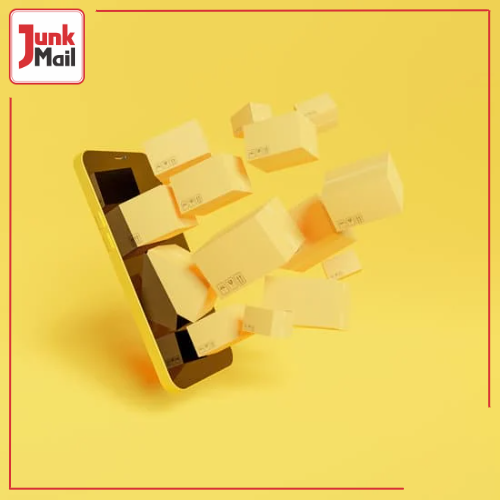At Junk Mail Marketplace, we strive to maintain high-quality and safe adverts on our website. Because of this, we have incorporated several checkpoints for ads to pass through before going live. While it's unfortunate that unscrupulous advertisers still exist, being aware of their tactics can assist you in steering clear of their schemes.
 Image credit Andrew Martin from Pixabay
Image credit Andrew Martin from Pixabay
To gain a better understanding of scammers' strategies to effectively identify and avoid them, it's essential to know what types of scammers are out there as well as the methods they use.
1. Buyer Scams
Sellers who are anxious to finalise a deal are more tolerant when a buyer makes demands. Scammers who focus on buying will take advantage of this by pretending to have payment issues through safer channels requested by the seller. They will then convince the seller to accept other less-safe options. These types of buyer scams include:
- Payment Confirmation Scam
A scammer will contact you via call, WhatsApp, or email to inquire whether the item you're selling is still available. They will then request your payment information as well as the pick-up location. Once you've given him the info, they will send you a bogus or false payment confirmation then inform you that a driver is on their way to pick up the item. They are never interested in viewing the item BEFORE making payment.
- Paypal Scam
The scammer will pretend to be from outside of South Africa and ask for the exact price of the item in US dollars. They will also ask whether you can ship the item for an additional $40. They will almost always propose using a PayPal account since they can only make the transfer via PayPal because they are in a foreign country.
- Overpayment Scam
This occurs when you receive a fake proof of payment for an amount more than your agreed selling price. The buyer would claim they overpaid and demand that you repay the difference (sometimes requesting repayment to be made in Bitcoin). Only after obtaining the balance ‘owed to them’ do they withdraw the payment and disappear with your money. Often they won’t even make plans to view or collect the item they originally responded to.
Tips for Avoiding Buyer Scams
- Make certain that the transaction is completed on YOUR terms.
- When possible, accept cash only.
- Consider conducting business with individuals in your community.
- Before releasing the products for sale, confirm payment with your bank.
- If a transaction makes you feel uneasy or suspicious, walk away.
2. Seller Scams
Seller fraud is defined as any attempt by a seller to misrepresent themselves or the items they offer.
- Advance Fee/Deposit Scam:
These sellers often claim that there is high interest or demand for the item they advertised, and accordingly, request that you pay a ‘holding deposit’ for the item. The scammer might even pretend to plan for you to come for a viewing and inspection but will provide a false address. The moment you pay the deposit, you will most likely be blocked on all previously used contact channels and will never hear from the seller again.
 Photo credit: Gustavo Fring on Pexels
Photo credit: Gustavo Fring on Pexels
Tips For Avoiding Seller Scams
- Never pay for an item you have not seen and inspected.
- Document as much information as possible about the interaction and transaction. Keep a copy of the ad, the buyer and/or seller ID, their bank details, mobile number etc.
We also rely on and encourage everyone who uses our website to report any suspicious conduct, so that we can take appropriate action. If you see or experience anything that is questionable, please report it to Junk Mail Marketplace’s Moderation team at moderation@junkmail.co.za.
As always, be smart, be savvy, be safe.
Read more...
- Tips to safely sell online
- Tips to safely buy online
- 9 steps to avoid getting caught by a property rental scam
- SMS payment confirmation scam warning




